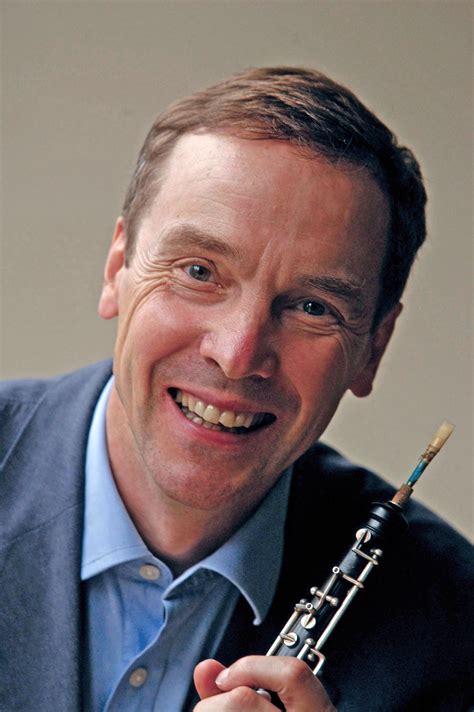A Quote by Amin Maalouf
You can't say history teaches us this or that; it gives us more questions than answers, and many answers to every question.
Related Quotes
But in the end, science does not provide the answers most of us require. Its story of our origins and of our end is, to say the least, unsatisfactory. To the question, "How did it all begin?", science answers, "Probably by an accident." To the question, "How will it all end?", science answers, "Probably by an accident." And to many people, the accidental life is not worth living. Moreover, the science-god has no answer to the question, "Why are we here?" and, to the question, "What moral instructions do you give us?", the science-god maintains silence.
There's a shift of these young artists who have been brought up, educated, with these media around them. If you have a question, if you have a doubt, you go to the Internet, for example. And you will get thousands of answers to your questions. All of this will proliferate more kinds of questions and more kinds of answers.
Socrates himself said, 'One thing only I know, and this is that I know nothing.' Remember this statement, because it is an admission that is rare, even among philosophers. Moreover, it can be so dangerous to say in public that it can cost you your life. The most subversive people are those who ask questions. Giving answers is not nearly as threatening. Any one question can be more explosive than a thousand answers.



































